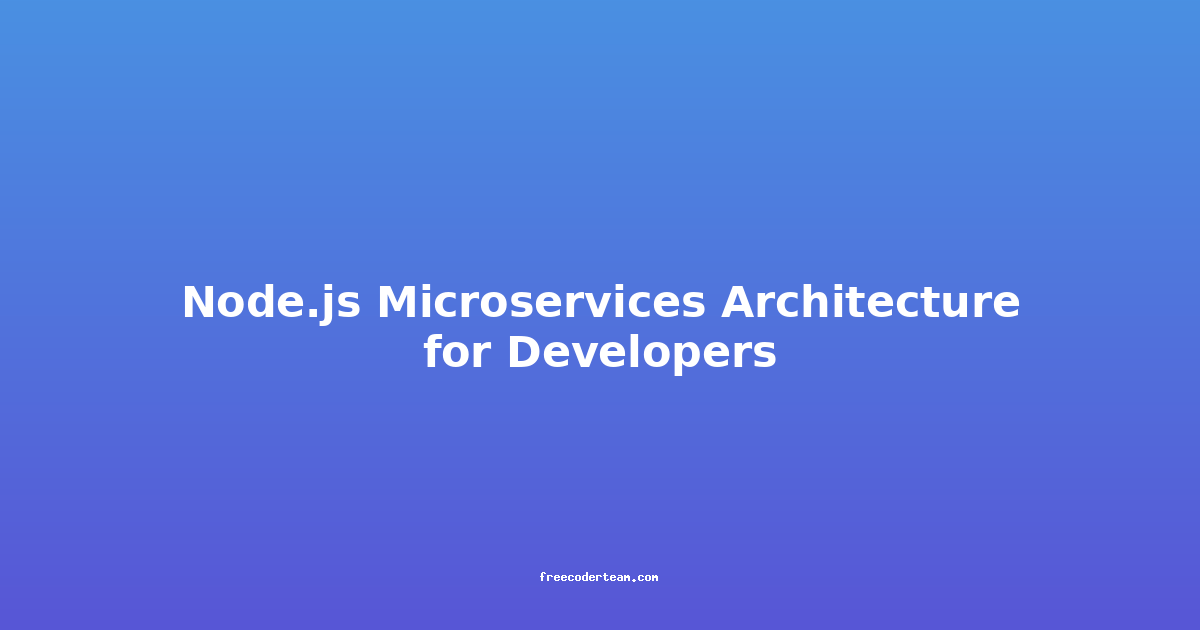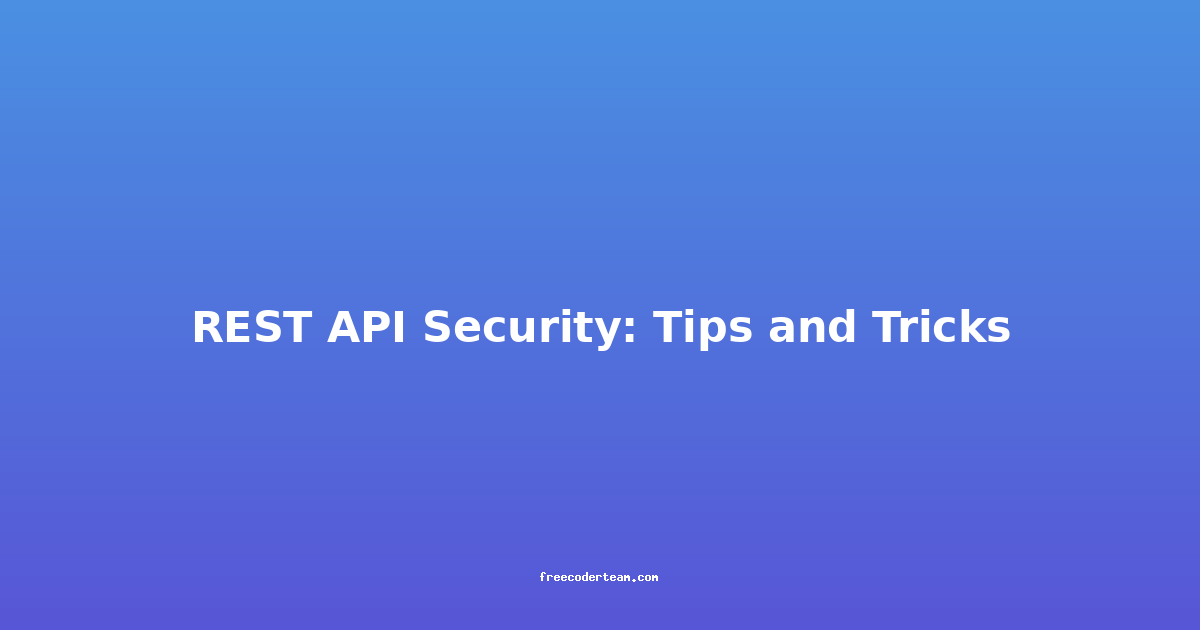PHP 8 New Features in 2025: A Look into the Future of Web Development
PHP, one of the most widely used server-side programming languages, has been evolving steadily since its inception. As we look ahead to 2025, the PHP community is expected to introduce several groundbreaking features that will enhance its capabilities, improve performance, and simplify development. In this blog post, we will explore the anticipated new features of PHP 8 in 2025, along with practical examples, best practices, and actionable insights.
1. Enhanced Just-In-Time (JIT) Compilation
Overview
In 2025, PHP is expected to build upon its JIT compilation capabilities, which were introduced in PHP 8.0. JIT compilation allows PHP code to be compiled into machine code at runtime, significantly improving performance. The next iteration of JIT is likely to bring even more optimizations, making PHP even faster and more efficient.
Practical Example
Here’s an example of how JIT can be enabled in PHP 8:
<?php
ini_set('opcache.jit', 'tracing'); // Enables JIT tracing mode
echo "JIT is now enabled!\n";
?>
Best Practices
- Profile First: Always profile your application to identify bottlenecks before enabling JIT.
- Monitor Performance: Use tools like Xdebug or Blackfire to monitor the impact of JIT on your application's performance.
- Optimize Code: JIT is most effective with clean, well-structured code. Avoid excessive use of dynamic constructs like
eval().
2. Improved Native Functionality with WebAssembly
Overview
By 2025, PHP may integrate WebAssembly (Wasm) as a native feature. This integration would allow developers to write high-performance code in languages like C++ or Rust and compile it to Wasm, which can then be executed directly by PHP. This would open up new possibilities for performance-critical tasks.
Practical Example
Imagine a scenario where you need to perform complex mathematical computations:
<?php
// Hypothetical Wasm integration in PHP
wasm_load('math_operations.wasm'); // Load a compiled Wasm module
$result = wasm_call('add', [10, 20]); // Call a function within the Wasm module
echo "The result is: $result\n";
?>
Best Practices
- Choose the Right Use Case: Use Wasm for compute-heavy tasks that can benefit from native performance, such as image processing or machine learning.
- Security First: Ensure that any Wasm module is trusted and comes from a secure source.
- Test Extensively: Wasm modules should be thoroughly tested to ensure compatibility and correctness.
3. Advanced Type System Enhancements
Overview
PHP’s type system is expected to receive further enhancements, making it more robust and flexible. This could include features like union types, intersection types, or even more sophisticated pattern matching.
Practical Example
Consider a hypothetical union type feature:
<?php
function processInput(mixed $input): void {
if (is_int($input) || is_string($input)) {
// Process as string or integer
echo "Input is valid.\n";
} else {
echo "Invalid input type.\n";
}
}
processInput(10); // Valid
processInput("hello"); // Valid
processInput([1, 2, 3]); // Invalid
?>
Best Practices
- Leverage Strict Types: Use
declare(strict_types=1);to enforce stricter type checking. - Document Types Clearly: Always document the expected types in function signatures and comments.
- Use Type Hints: Make use of return type hints and parameter type hints to improve code maintainability.
4. Enhanced Error Handling with Structured Errors
Overview
PHP 8 in 2025 might introduce structured error handling similar to other modern languages. This would allow developers to handle errors more gracefully, providing detailed information about the error context.
Practical Example
Here’s how structured error handling might look:
<?php
try {
throw new Error("Something went wrong", 500, ["file" => __FILE__, "line" => __LINE__]);
} catch (Error $e) {
$errorDetails = $e->getDetails(); // Hypothetical method to retrieve structured error data
echo "Error: {$e->getMessage()}\n";
echo "Details: " . json_encode($errorDetails) . "\n";
}
?>
Best Practices
- Centralize Error Handling: Implement a centralized error handling mechanism to manage errors consistently across the application.
- Log Errors: Use logging libraries to capture detailed error information for debugging.
- Provide User-Friendly Feedback: Ensure that error messages are clear and helpful to end-users.
5. Improved Support for Modern Web Technologies
Overview
As web development continues to evolve, PHP is likely to incorporate features that align with modern web standards. This could include better support for WebSockets, HTTP/3, or even native GraphQL implementations.
Practical Example
Imagine a WebSocket server built with PHP:
<?php
// Hypothetical WebSocket support in PHP
$server = new WebSocketServer('0.0.0.0', 8080);
$server->on('connection', function($connection) {
echo "New connection established.\n";
$connection->send("Hello from the server!");
});
$server->listen();
?>
Best Practices
- Use Middleware: Leverage middleware patterns to handle WebSocket events in a structured manner.
- Secure Connections: Always use secure WebSocket connections (WSS) for production environments.
- Test in Real-Time: Use tools like Postman or WebSocket clients to test real-time communication effectively.
6. Enhanced Security Features
Overview
Security is a top priority for PHP, and by 2025, we can expect new features that enhance the security of PHP applications. This might include improved input validation, better handling of security headers, or enhanced support for encryption.
Practical Example
Here’s how enhanced input validation might work:
<?php
function validateInput(string $input): bool {
if (filter_var($input, FILTER_VALIDATE_EMAIL)) {
return true;
}
return false;
}
$input = "example@example.com";
if (validateInput($input)) {
echo "Valid email.\n";
} else {
echo "Invalid email.\n";
}
?>
Best Practices
- Validate All Inputs: Always validate and sanitize user inputs to prevent injection attacks.
- Use Built-in Libraries: Leverage PHP’s built-in libraries for encryption and hashing (e.g.,
password_hash()). - Keep PHP Updated: Regularly update PHP to benefit from the latest security patches.
7. Simplified Dependency Management
Overview
PHP’s dependency management system, Composer, has been a game-changer. By 2025, we can expect even more streamlined tools for managing dependencies, potentially including features like automatic dependency upgrades or improved package discovery.
Practical Example
Here’s how Composer might simplify dependency management:
# Install a package
composer require laravel/framework
# Hypothetical feature: Automatic dependency upgrades
composer upgrade --auto
Best Practices
- Regularly Update Dependencies: Keep your dependencies up to date to benefit from bug fixes and security patches.
- Use Version Constraints: Define semantic version constraints in your
composer.jsonto control update behavior. - Test After Updates: Always test your application after upgrading dependencies to ensure compatibility.
8. Improved Interoperability with Other Languages
Overview
PHP is likely to enhance its interoperability with other languages, such as Python or JavaScript. This could include better support for calling Python scripts directly from PHP or improved integration with Node.js applications.
Practical Example
Imagine calling a Python script from PHP:
<?php
// Hypothetical Python integration in PHP
$pythonResult = python_exec('script.py', ['arg1', 'arg2']);
echo "Result from Python: $pythonResult\n";
?>
Best Practices
- Choose the Right Language: Use other languages for tasks that are better suited to their strengths (e.g., Python for data science).
- Secure Inter-Process Communication: Ensure that communication between different languages is secure and well-structured.
- Documentation and Testing: Document inter-language interactions thoroughly and test them rigorously.
Conclusion
By 2025, PHP 8 is expected to continue its evolution, bringing new features that enhance performance, security, and interoperability. From advanced JIT compilation to native WebAssembly support, these features will empower developers to build more efficient and robust applications. As you prepare for the future, focus on adopting best practices, leveraging modern tools, and staying updated with the latest PHP developments.
Remember, the key to success with PHP 8 in 2025 will be not just implementing these features but also using them effectively. By following best practices and staying informed, you can build applications that are not only cutting-edge but also maintainable and secure.
Stay tuned for more updates and insights into the future of PHP! 🚀
Feel free to reach out if you have any questions or need further clarification!




